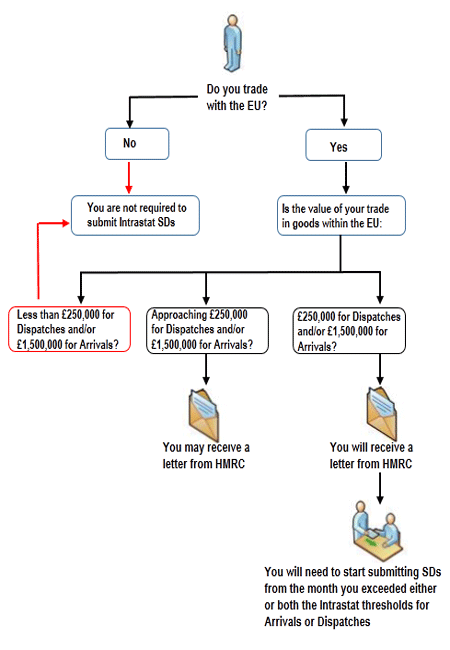More work, confusion and administration for VAT after Brexit.
After a No-Deal Brexit it will not be possible to recover input tax incurred in other EU Member States by using HMRC’s online service. This is known as; the electronic cross-border refund system which enables a business that incurs VAT on expenditure in a Member State where it is not established and makes no supplies, to recover that VAT directly from that Member State (the Member State of refund).
HMRC state that this will be the case after 5pm on 31 October 2019, but we shall have to wait and see on the precise timing.
HMRC has published meagre guidance on the new method of recovering overseas VAT (for some of us at a certain age, it is the “old” EC 8th Directive method).
Claiming a refund after Brexit
Unhelpfully, each EU Member State has its own process for refunding VAT to businesses based outside the EU (as UK businesses will be post Brexit). This is similar to the existing EC 13th Directive claims. A UK Business will need to use the process for the EU country where it is claiming a refund; even for unclaimed expenses incurred before Brexit.
A business will have to wade through the requirements and the EC provides assistance here.
This will be a complete headache for claimants and underlines the benefits of a harmonised system. Each claim form is different in each Member State, each form must be completed in the language of the country in which VAT is being claimed, and these forms are very bureaucratic; some run to over ten pages…. It will also be necessary to obtain and provide a Certificate of Status (CoS).
In summary
CoS
HMRC can issue a form VAT66A which may be used by claimants to prove that they are engaged in business activities at the time of the claim. A CoS is only valid for twelve months. Once it has expired you will need to submit a new CoS.
EC 13th Directive claim
A non-EU based business may make a claim for recovery of VAT incurred in the EU. Typically, these are costs such as; employee travel and subsistence, service charges, exhibition costs, imports of goods, training, purchases of goods in the UK, and clinical trials etc.
The scheme is available for any businesses that are not VAT registered anywhere in the EU, have no place of business or other residence in the EU and do not make any supplies there.
The usual rules that apply to UK business claiming input tax also apply to 13th Directive claims. Consequently, the likes of; business entertainment, car purchase, non-business use and supplies used for exempt activities are usually barred.
Process
The business must obtain a CoS to accompany a claim. The application form is a VAT65A and is available here Original invoices which show the VAT charged must be submitted with the claim form and business certificate. Applications without a certificate, or certificates and claim forms received after the relevant deadline are not accepted. It is possible for a business to appoint an agent to register to enable them to make refund applications on behalf of that business.

